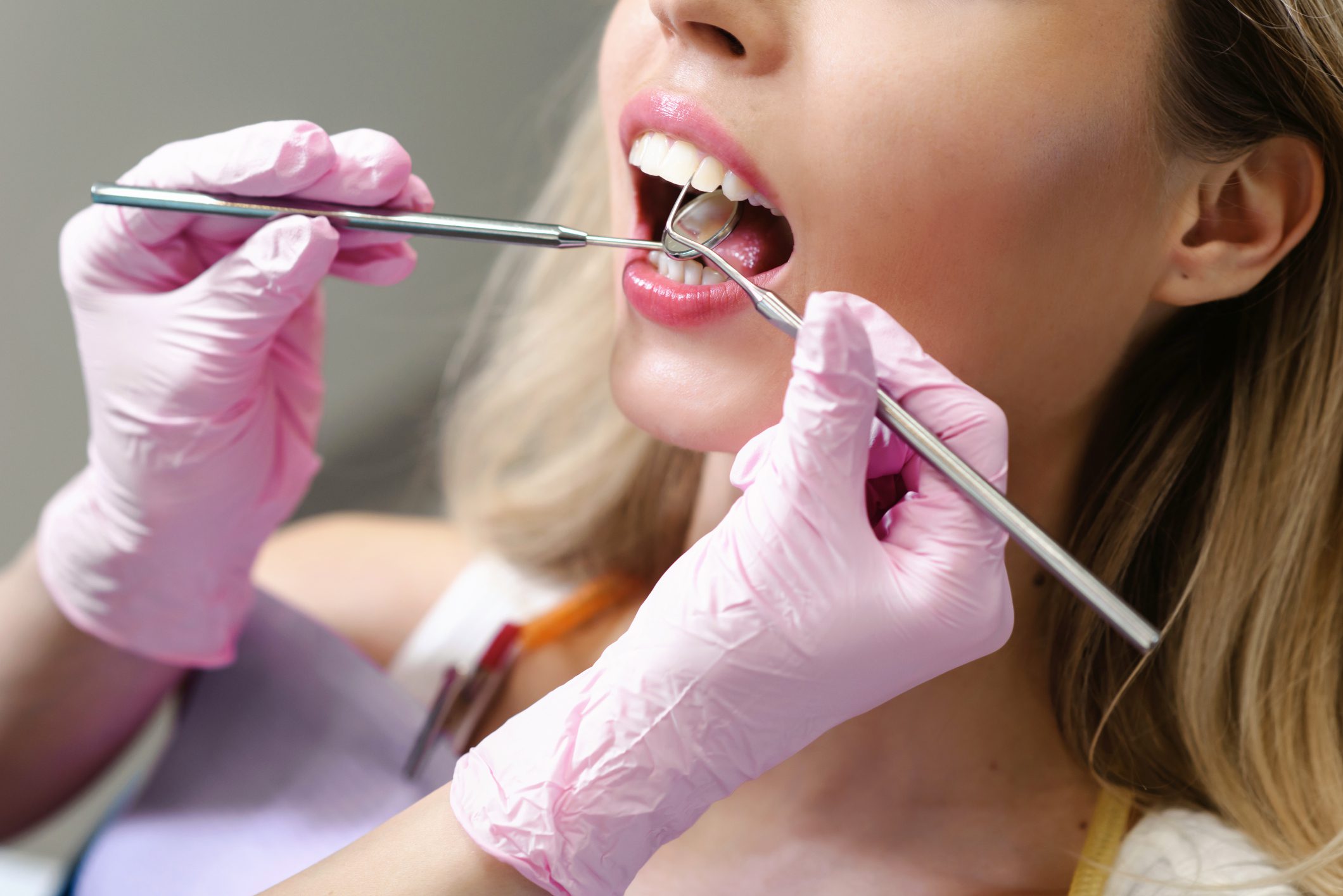Avoiding Tooth Erosion
Whilst tooth enamel is the hardest tissue in the human body, it requires care and attention to ensure that it does not become damaged over time. Enamel can vary in both thickness and hardness, in colour from person to person, and even from tooth to tooth. Because it does not contain any living cells, it cannot regenerate itself, therefore it is vital that appropriate measures are put in place to protect and maintain your teeth indefinitely.
Tooth erosion is the loss of enamel due to acid contained in everyday food and drink. This condition is on the rise and recent studies have suggested that as many as one out of three under thirty-five years olds are showing visible signs of tooth erosion. This would usually be identified during a dental consultation, however there are five common indicators below to refer to when checking your own teeth:
- Yellowing teeth
- Dull or discoloured enamel
- Rounded edges
- Translucent or see through parts of the tooth
- Sensitivity
It is imperative that if you present with any of these indicators, that a dentist is able to assess the full extent of the erosion in order to prevent further harm to the teeth.
When acid comes into direct contact with your teeth, the hard enamel temporarily softens leaving it potentially vulnerable to further damage from things such as brushing too hard. An acid rich diet can put you at risk of irreversible erosion; it is important to be aware of which foods are healthy choices and which ones should be avoided as much as possible. Foods and drinks high in acid include lemons, wine, grapefruit, vinegar, tomatoes, carbonated drinks and cranberries. Whereas foods low in acid include cucumbers, bananas, bread, milk and water. Whilst acid rich foods can not always be avoided, care should be taken to cause minimal impact to the teeth over time.
There are other contributors to enamel erosion and they include teeth grinding, Bulimia, low salivary flow and regular use of medication such as aspirin or antihistamines. However, the good news is there are several quick wins to protect against tooth erosion.
- Make an appointment to see your dentist regularly and do not miss check-ups
- Use a straw for drinking acidic drinks
- Do not brush your teeth immediately after eating or drinking something acidic
Whilst tooth erosion can’t be reversed, there are several treatments to help counteract and repair the damage. Most of us will have some tooth erosion during our lifetime but with a good dental routine in place, the risks are significantly reduced.

